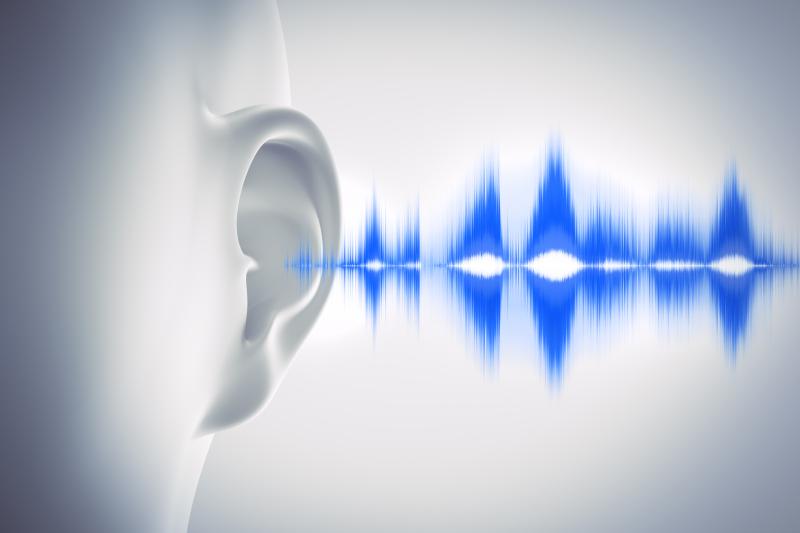Tinnitus is the perception of noise or ringing in the ears. It is a very common condition, affecting around 15% to 20% of adults. The noise experienced by someone with tinnitus can be constant or intermittent and can vary significantly in loudness. For many people, it is a mild annoyance but for some it can be debilitating. Tinnitus is not a disease itself but rather a symptom resulting from underlying causes such as noise-induced hearing loss, age-related hearing loss, ear injuries, and certain medications. There is currently no cure for tinnitus but various treatment options exist that can help manage symptoms.
Lifestyle Changes to Reduce Tinnitus Symptoms
Making lifestyle adjustments is often the first step in tinnitus management. Limiting exposure to loud noises is important to avoid further damage to the ears. Using ear protection during activities like concerts, mowing the lawn, using power tools, and more can help prevent worsening of symptoms over time. Managing stress levels is also beneficial as stress has been shown to exacerbate tinnitus noises for many individuals. Common stress reducers like yoga, meditation, deep breathing exercises and maintaining a healthy social life can offer relief. Getting enough sleep, eating a nutritious diet, avoiding smoking and limiting alcohol consumption are additional lifestyle steps that may help minimize tinnitus impact. Relaxation techniques, biofeedback, tinnitus retraining therapy and cognitive behavioral therapy can also be useful non-medical approaches.
Tinnitus Management : Sound Therapy and Masking Devices
Sound therapy or sound masking is frequently used as a way to lessen the perception of tinnitus noises. Low-level background sound played through headphones or small devices, such as a fan or white noise machine, helps draw attention away from the head. Many apps and special devices have been developed specifically for tinnitus sound therapy and come pre-programmed with various nature sounds, tones and music. These are worn during the day to obscure the tinnitus while allowing the user to continue daily activities. The goal with sound therapy is not to eliminate the underlying noises, but instead to make them less noticeable so the brain can tune them out subconsciously over time.
Medical Tinnitus Management Treatments for Specific Causes
In some cases, a medical treatment may be useful, particularly if tinnitus is associated with an underlying medical condition. For example, if it results from excessive earwax buildup, your doctor can perform microsuction to remove the wax. Tinnitus linked to certain medications may improve by changing the drug dosage or switching to an alternative. Those experiencing tinnitus from injury or surgery can sometimes find symptom relief through physical therapies like acupuncture. When high blood pressure, diabetes or thyroid abnormalities contribute to tinnitus, addressing the primary condition through medical treatment often provides tinnitus benefit as well.
Tinnitus and Hearing Loss
Hearing loss is one of the most prevalent causes of tinnitus. As sound waves are directed into the ears, they stimulate the hair cells of the inner ear which send signals to the auditory nerves and brain. Damage to these delicate hair cells from loud noise, age or other factors can result in tinnitus when the brain perceives phantom sound in an attempt to compensate. Treating underlying hearing loss can thus play a role in tinnitus relief too. Hearing aids are frequently used to amplify surrounding sounds and obscure tinnitus, as well as improve speech understanding abilities. Cochlear implants may be an option for those with severe-to-profound hearing impairment. Stem cell therapy and other experimental tinnitus management treatments aimed at inner ear hair cell regeneration hold future promise too.
When to Seek Professional Help
While many find lifestyle changes and simple self-care techniques sufficient, severe tinnitus that negatively impacts daily functioning may warrant seeing an audiologist, otolaryngologist or other specialist. They can rule out treatable underlying conditions, determine whether hearing loss is a factor, evaluate the tinnitus sounds and coping strategies, and recommend appropriate treatments tailored to the individual situation. Options may include specialized sound therapies, counseling, medications or surgical interventions in rare cases. If tinnitus seems linked to depression, anxiety or other mental health issues, a psychologist can provide valuable therapies as well. Overall, the key is finding a treatment regimen that makes the phantom noises less intrusive and gets the person's life back.
